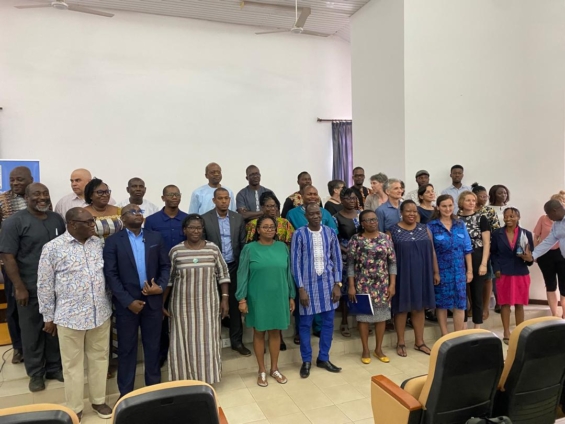The Merian Institute for Advanced Studies in Africa (MIASA) has emphasised the urgent need to address the challenges and opportunities within West Africa’s mining sector.
According to MIASA, the region, rich in mineral resources such as gold, diamonds, and bauxite, holds a significant position in the global mining industry but faces persistent issues that demand immediate attention.
Key challenges include environmental degradation, unregulated mining activities (galamsey), and strained community relations. These issues underscore the need for reforms to balance economic development with environmental sustainability and social equity.
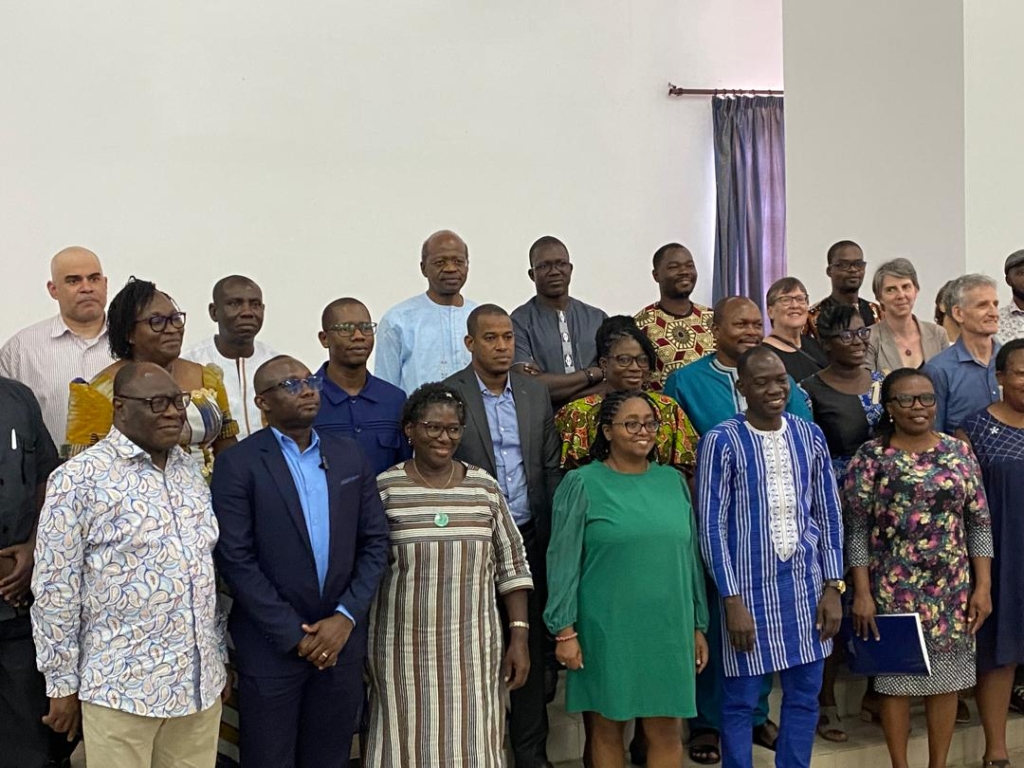
MIASA articulated these concerns during a two-day conference organised by its 11th Interdisciplinary Fellow Group (IFG11) in collaboration with the University of Ghana and four German institutions: the University of Freiburg (leading house), Goethe University Frankfurt, the German Institute for Global and Area Studies (GIGA), and the German Historical Institute Paris (GHIP).
Held from November 27 to 28 under the theme “Sustainability in West Africa’s Mining Sector: Political Trends, Popular Struggles, and Sustainable Futures,” the conference provided a platform for scholars, policymakers, and researchers to engage in critical discussions about the mining sector's future.
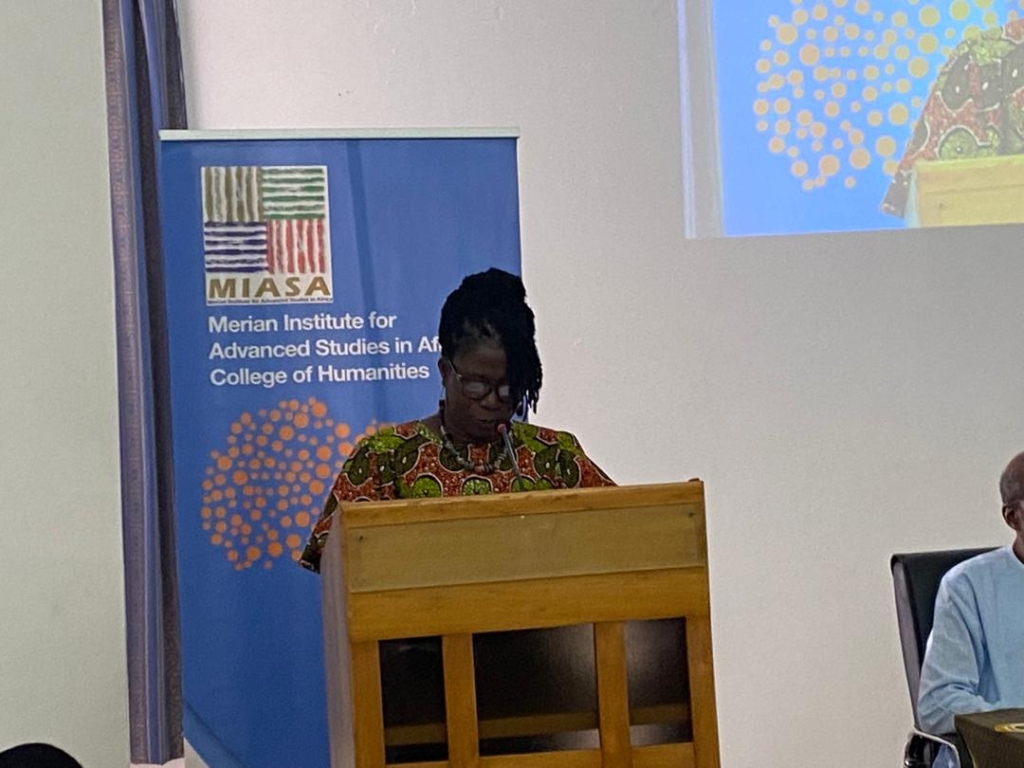
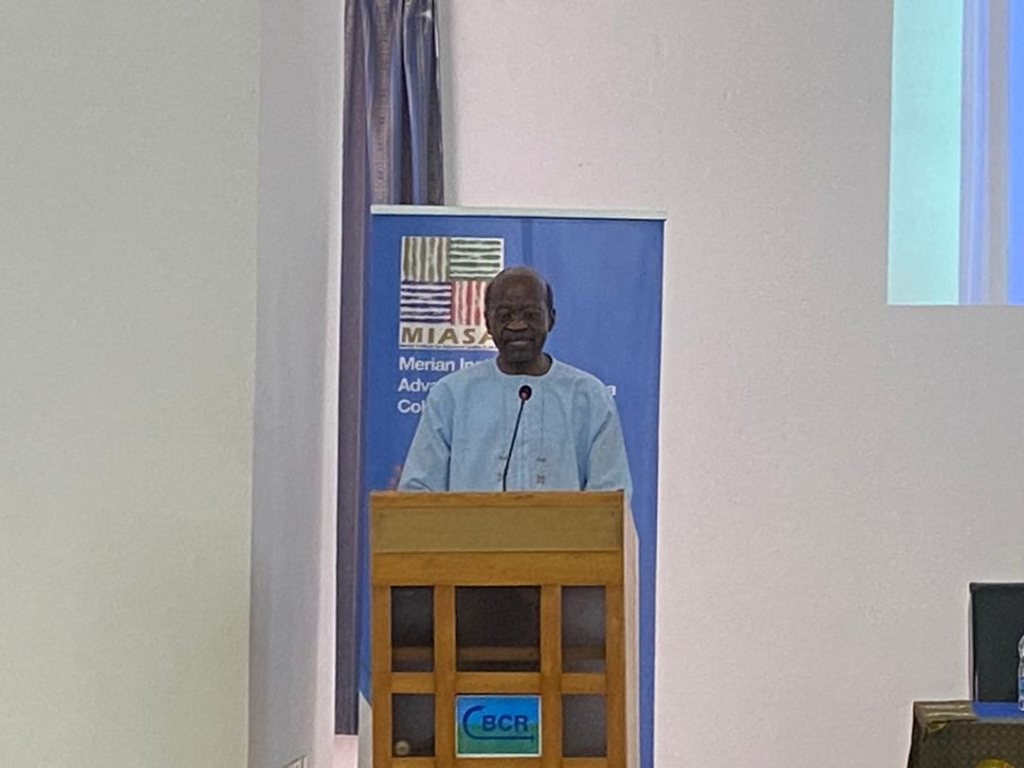
MIASA directors, Professor Grace Diabah (Ghana) and Professor Mamadou Diawara (Germany) highlighted the devastating effects of illegal mining in Ghana, including deforestation, water pollution, and destruction of farmlands.
They identified a lack of political will as a major barrier to achieving sustainable resource management.
Professor Gavin Hilson, a globally recognised expert on artisanal and small-scale mining (ASM) from the University of Surrey, UK, in his keynote address, described Ghana’s illegal mining problem as a “manufactured issue” that could be resolved with appropriate policy interventions.
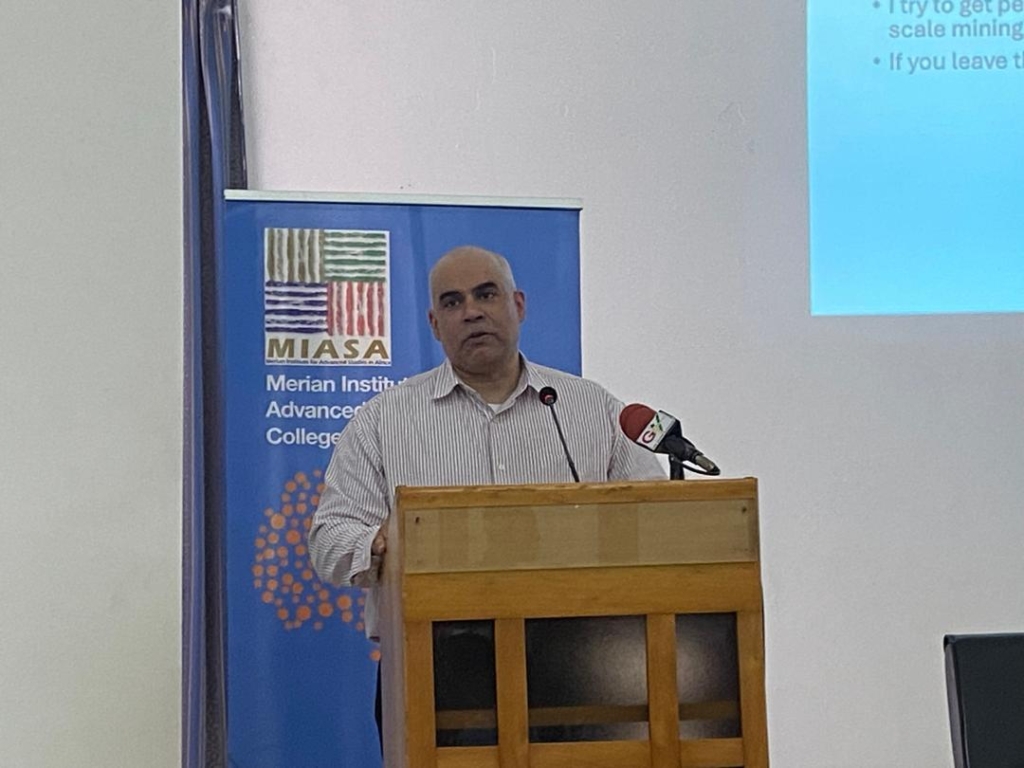
Prof Hilson stressed the importance of shifting the narrative around illegal miners from criminalisation to integration through formalisation.
He argued that addressing galamsey requires enabling small-scale miners to obtain licenses and leveraging existing donor interest in ASM to implement innovative and inclusive reforms.
MIASA called for transparent governance, regulatory consistency, and community involvement as essential steps to foster sustainable development in the mining sector.
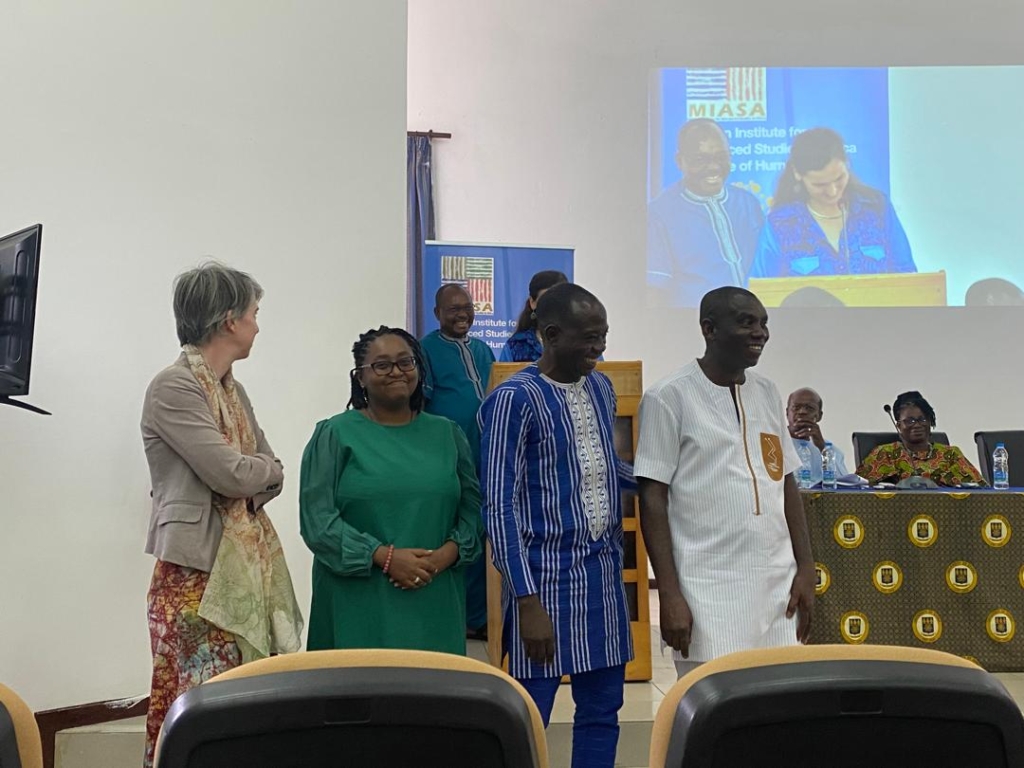
It also urged stakeholders to challenge existing perspectives, inspire transformative policies, and pave the way for a resilient and sustainable future for mining in West Africa.
The organisers expressed gratitude to the IFG11 team, keynote speakers, and contributors for their invaluable input and extended special thanks to the German Federal Ministry of Education and Research and the University of Ghana for their sponsorship.
Participants were encouraged to use the insights gained from the conference to drive positive change in the mining sector across the region and beyond.
Latest Stories
-
Colombian navy intercepts narco-subs taking new route to Australia
30 mins -
Namibians await vote results as ruling party seeks to extend 34-year rule
42 mins -
Zimbabwe parliament hit by power cut during budget speech
54 mins -
Why Russia’s Africa propaganda warrior was sent home
1 hour -
Australia approves social media ban on under-16s
1 hour -
MasterChef’s Gregg Wallace steps aside after allegations
2 hours -
Chinese companies apologise for ‘shrunken’ sanitary pads
2 hours -
Paris’s Gothic jewel Notre-Dame to reopen five years after fire
2 hours -
First new asthma attack treatment in 50 years
2 hours -
Amorim enjoys ‘special’ first Man Utd win despite ‘anxiety’
2 hours -
Canada’s oil patch rattled by Trump’s tariff plan
2 hours -
It’s difficult not to cheat in marriage – Mr Macaroni
3 hours -
Caretaker jailed 10 years for manslaughter
3 hours -
Election 2024: Citizens’ action is key – Martin Amidu calls for resistance to electoral manipulation
5 hours -
Absa Bank driving shared value as a force for good
6 hours

